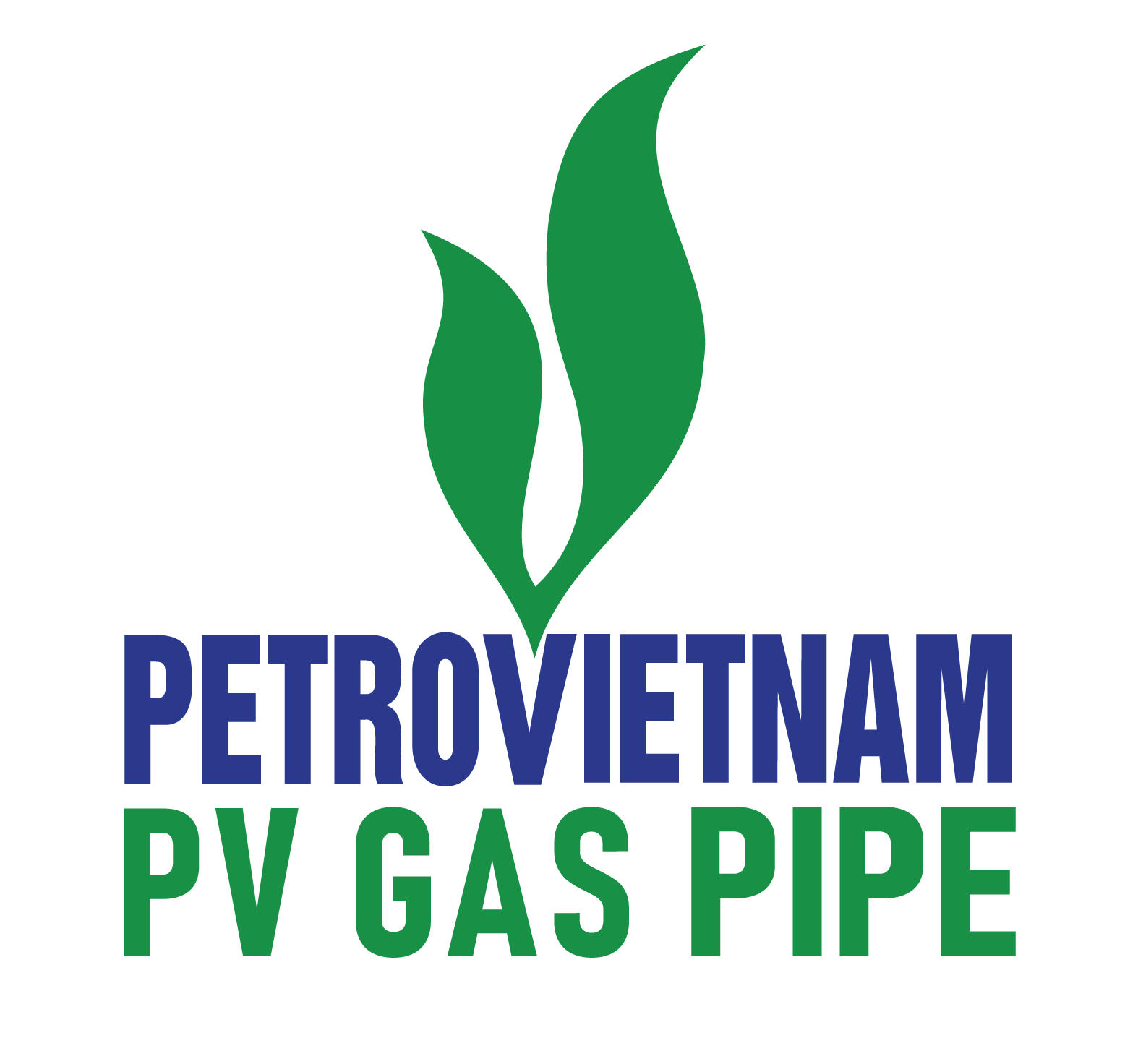At the 10th ASCOPE Conference and Exhibition recently held in Vietnam with the theme of "Innovation and Cooperation - Towards the Future", a report from the International Economic Agency shows that the Southeast Asia region is still experiencing strong growth momentum, with energy consumption more than 2.5 times higher than in 1990.
Therefore, policy planners are currently addressing the issue by increasing the use of coal, although oil and natural gas still dominate as energy sources, the use of coal continues to rise sharply.
Năng lượng hóa thạch gây thiệt hại nặng nề đến môi trường và cuộc sống
By the end of 2012, the proportion of electricity produced by coal reached 75% of the installed capacity, with most projects implemented in Vietnam and Indonesia, two countries with abundant coal reserves in the region. The International Energy Agency also predicts that the electricity capacity generated by coal in the region will double to 80GW by 2020 and continue to increase to 160GW by 2035.
However, excessive coal burning can severely harm the environment and human health. The sulfur oxide, nitrogen, oxide, fine particles, and heavy metals emitted when coal is burned will cause phenomena such as smog, acid rain, and even premature death. According to the World Health Organization, fine particles are responsible for about 8% of lung cancer deaths, 5% of deaths from chronic obstructive pulmonary disease, and 3% of deaths from respiratory infections worldwide. According to a 2013 World Bank report, India spends about $80 billion annually on pollution and environmental degradation, which serves as a lesson for countries in the Southeast Asia region to transition their energy sources.
At the conference, experts argued that using coal may not fully reflect future human energy needs. According to a recent survey by Shell of 3,400 people in six Asia-Pacific countries, including Indonesia, the Philippines, Thailand, Vietnam, Singapore, and Australia, 7 out of 10 people believe that reducing CO2 emissions is very important, and most of them say that governments play a key role in shaping a cleaner energy future.
Vì một Châu Á sạch hơn
Natural gas still plays a critical role in the future of clean energy - a region with the potential to develop abundant natural gas resources that are easy to use and economically reasonable in the long run. Predictions suggest that this region can use natural energy sources for the next 250 years at the current consumption rate. The figures show that by the end of 2012, the region had 7.5 trillion cubic meters of confirmed natural gas reserves, accounting for 3.5% of the total global reserves. Mr. Duncan Van Bergen, Director of Market Development for Global Gas and LNG, the global Shell brand headquartered in Asia, stated: "Shell believes that natural gas is a clean fuel solution for the future and Asia will continue to be the growth engine of the world. By 2020, Shell predicts that electricity consumption will increase by about 25-35% compared to 2012.
The amount of CO2 emitted into the environment by natural gas can be acceptable in terms of sulfur oxide, nitrogen oxide, particulate matter, and heavy metals content, only 1/10 compared to coal-fired power plants. The construction costs of natural gas power plants are significantly lower than building new power plants using other energy sources, and switching from coal to natural gas is the most time and cost-saving option for reducing CO2 emissions.
A latest survey in Vietnam in June 2013 conducted by Shell also showed that: 8 out of 10 Vietnamese people consider solar energy as the most promising future energy source (72%). Next is hydroelectricity (58%) and wind energy (47%). The use of biofuel is also seen as environmentally friendly and a solution to reduce CO2 emissions. Vietnamese people are much more concerned about energy, with high energy prices, importance, and urgency such as water shortages, food shortages, which could have the biggest impact on Vietnam in the future.
The issue is that the role of the Government needs to implement some urgent policies, including strong enforcement of regulations on air pollution from power plants, while also committing to remove subsidies that impact the energy market. Reforming subsidies for fossil fuels remains a challenge for the Southeast Asia region. These subsidies amounted to 51 billion USD in 2012, equivalent to Macau's GDP. Eliminating these sources of funding could encourage investment in energy infrastructure and promote improved energy efficiency, as well as the deployment of renewable energy sources, said Mr. Maaarten Wetselaar - Executive Vice President of Shell's Intergrated Gas business, according to the Business Forum on 12/12, international section, author Minh Huong.





